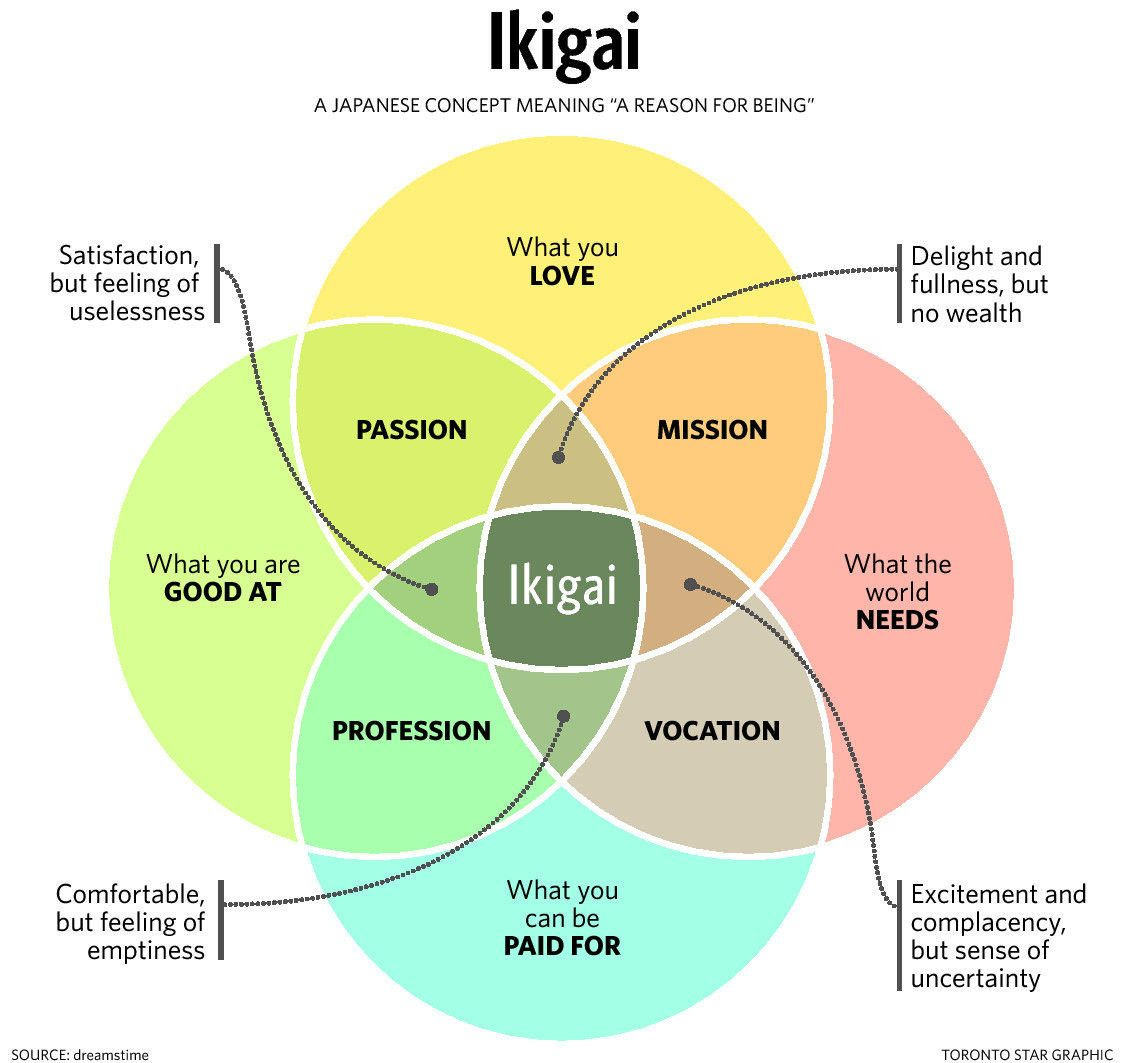Recently a lot of people have asked me about how to stay sane when pursuing entrepreneurship.
It’s a good question because the hardest part of entrepreneurship is managing your own mental state.
Combatting stress, motivation, burnout, and loneliness are daily concerns and a core part of the job. In such a high risk environment, how can you ride the roller coaster of emotional highs and lows and remain even keeled? How can you motivate yourself every day to do more and push harder when you don’t have a boss looking over your shoulder? How can you avoid burnout when every minute not working feels like a minute lost? How can you grapple with the profound loneliness of being a leader?
Successful founders develop what I’ll call “mental toughness.” Through trials and tribulations, years of surviving painful and difficult situations, they develop the mental endurance to weather the ups and downs. It also becomes more predictable once you’ve been in a similar situation before, so the surprises are less surprising. The best way I can think to explain this mentality is through a quote:
“It is not the critic who counts; not the man who points out how the strong man stumbles, or where the doer of deeds could have done them better. The credit belongs to the man who is actually in the arena, whose face is marred by dust and sweat and blood; who strives valiantly; who errs, who comes short again and again, because there is no effort without error and shortcoming; but who does actually strive to do the deeds; who knows great enthusiasms, the great devotions; who spends himself in a worthy cause; who at the best knows in the end the triumph of high achievement, and who at the worst, if he fails, at least fails while daring greatly, so that his place shall never be with those cold and timid souls who neither know victory nor defeat.”
Theodore Roosevelt
The entrepreneur is the man in the arena, the doer of deeds. Mental toughness comes through life experience. You cannot learn it from reading a book. But how quickly you internalize the lessons from those experiences can be accelerated by learning, testing, and practicing good habits and ways of coping. When I reflect on my experience attempting to build up my mental toughness, there are 5 principles that got me through this aspect of the journey. I’m sharing them below in case you find them helpful too.
Pay attention to your mental state, and use your “mental toolkit” when you’re feeling off. If you notice that you’re grumpy, unmotivated, tired, overly energetic, unfocused, or anxious, do something about it. Prioritizing that will usually help you maximize your chances of achieving your top level goals more than pushing through. Some examples of solutions: workout, meditate, eat, sleep, talk to your friends, get a therapist, journal, or quit coffee. Figuring out which tools to use and when is a process of trial, error, and refinement.
The night is darkest just before dawn. All pain is temporary. When all hope is lost, strangely, that is exactly when the universe seems to just provide the greatest gifts. Don’t give up. The converse is also true — when things are going well and you’re coasting, that is exactly when things go wrong, when the rug gets pulled out from underneath you, and when you get blind sided.
Take 100% responsibility for things that are within your control. That’s not 80%, and it’s also not 120%. Just 100%. You can work on how you show up, how you engage others, and how you spend your time. But don’t focus on things that are outside your zone of control because that’s counter productive. Also try to see clearly when you are avoiding taking ownership for something that is within your control. Recognizing the difference is hard and I mistake one for the other frequently still, but consistently checking in with yourself about that and mentally noting which bucket something falls into will save you a lot of pain.
It’s your responsibility to create your own meaning. No one can do that for you. 99% of your hard work will go unrecognized. The journey is full of heroic acts, late nights, and difficult decisions that no one else sees. The world won’t acknowledge any of that, and sometimes it will feel pointless. You’ll go months or years without any recognition. You’ll feel stagnant, and void of progress. And then every once in a while, the world will give you a dose of validation for your work. That is just how it is. There’s no boss to tell you “well done” or pat you on the back. You need to be your own boss and manage your own feedback loop.
Be proactive about building a sense of community and camaraderie. At many jobs, you’re one of many peers, where you are handed an instant community. In startups, this is not the case. You can build that by developing peer relationships with other entrepreneurs. I benefited immensely from setting up regular recurring meetings with other entrepreneur to hold each other accountable for our goals, but also to share how we are feeling. Another way to find this is through coaching. Hiring a coach can help you keep your mental state dialed in. However you achieve it, you’ll need to see that feeling of community in new and different ways from working at a traditional job.
While this is far from a comprehensive list of principles, in my experience this covers the majority of what I do to solve 80% of psychological challenges of entrepreneurship.
Principle 1 draws from works of Stoicism and Buddhism. Both these schools of philosophy investigate the roots of suffering, and offer solutions for how to grapple with pain in life. One quote from Marcus Aurelius stands out to me for this concept.
“If you are distressed by anything external, the pain is not due to the thing itself, but to your estimate of it; and this you have the power to revoke at any moment.”
—Marcus Aurelius, Meditations
Buddhism as a philosophy has deeply investigated ideas of happiness and suffering for over two thousand years, and at the core of the movement is a point of view on this topic. Here is a quote that I find relevant from the Dalai Lama.
“it is possible to divide every kind of happiness and suffering into two main categories: mental and physical. Of the two, it is the mind that exerts the greatest influence on most of us. Unless we are either gravely ill or deprived of basic necessities, our physical condition plays a secondary role in life. If the body is content, we virtually ignore it. The mind, however, registers every event, no matter how small. Hence we should devote our most serious efforts to bringing about mental peace.”

Principle 2 is a lesson that I have experienced over and over again in life, and I like the way author Paolo Coelho succinctly phrases the idea.
“The darkest hour of the night comes just before the dawn.”
—Paolo Coelho, The Alchemist
Principle 3 is inspired by The Serenity Prayer, which was originally composed by Protestant Theologian Reinhold Niebuhr and then propagated by various other groups. It does a good job of condensing this complex idea into a short and well-constructed phrase:
God, grant me the serenity to accept the things I cannot change,
the courage to change the things I can,
and the wisdom to know the difference.
Principle 4 is inspired by Existentialism and the Japanese concept of Ikigai. Ultimately the burden of finding meaning in life falls on our own shoulders. No other person can give that to us — we must discover it for ourselves. And Ikigai is a framework with the main components of finding purpose and meaning in life.
Principle 5 is largely from personal experience and each person is wired differently when it comes to how much social interaction you need. However, the importance of community and social relationships is supported by several of the above schools of thought.
These principles are inspired by a combination of philosophy and personal experience. I would recommend the following works if you want to go deeper into these ideas:
“Meditations” by Marcus Aurelius
“The Art of Happiness” by the Dalai Lama
“Existentialism is a Humanism” by Jean Paul Sartre
“Man’s Search For Meaning” by Viktor Frankl
“Authentic Happiness” by Martin Seligman
“How Will You Measure Your Life?” By Clayton Christensen
“The 15 Commitments of Conscious Leadership” by Jim Dethmer, Diana Chapman and Kaley Klemp
“The Alchemist” by Paulo Coelho
“Search Within Yourself” by Chade-Meng Tan
However deep you go into this topic, my main point is pretty simple: entrepreneurship (and life in general) has lots of emotional highs and lows, and I’ve found that actively developing a strategy to survive mentally challenging situations is an important part of the human experience. This what I call “mental toughness.”
It’s good for your business, and more importantly it’s good for you.





Nice piece. When I get anxious (as a founder), I just reflect on how much time has passed. More often than not, I am reacting to a void of information in a short period of time. It's impossible to expect others to care about as much about my company as me. So time feels longer, which increases my anxiety.